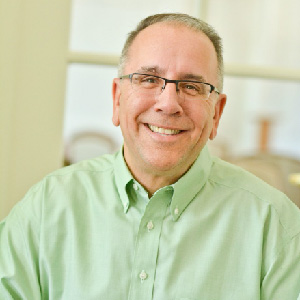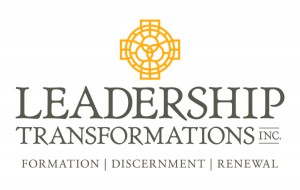
At the beginning of the actual “text” of Benedict’s Rule of Life there is a sub-title that reads “It is called a rule because it regulates the lives of those who obey it.” And, if we recall from my previous entry, it’s “nothing harsh, nothing burdensome” but instead is intended to create abundance of life for all.
One of the early chapters of the Rule (chapter two) is about the Qualities of the Abbot, with instructions for the leader. In this chapter he spells out what’s to be expected of the person who has the task of governing a monastery, the place where the community resides. “The abbot must never teach or decree or command anything that would deviate from the Lord’s instructions. On the contrary, everything he teaches and command should, like the leaven of divine justice, permeate the minds of his disciples…aware that the shepherd will bear the blame wherever the father of the household finds that the sheep have yielded no profit.”
Leadership principles that uphold the role of the Abbot were espoused by Benedict in several ways. The following are especially noteworthy, with application to today’s leaders of faith communities:
- “He must point out to them all that is good and holy more by example than by words, proposing the commandments of the Lord to receptive disciples with words, but demonstrating God’s instructions to the stubborn and the dull by a living example.” I find this fascinating…that the “stubborn and dull” need both the words and the example of the leader in order to make instructions clear.
- “The abbot should avoid all favoritism in the monastery. He is not to love one more than another unless he finds someone better in good actions and obedience…and is free to change anyone’s rank as justice demands…if found better than others in good works and in humility.” In this regard, the leader is to love all with impartiality, but is to take special note of those who show themselves to be the more humble and willing to serve…great advice.
- “In his teaching, the abbot should always observe the Apostle’s recommendation, in which he says ‘use argument, appeal, reproof’ (2 Tim. 4:2) This means that he must vary with circumstances, threatening and coaxing by turns, stern as a taskmaster, devoted and tender as only a father can be. With the undisciplined and restless, he will use firm argument; with the obedient and docile and patient, he will appeal for greater virtue; but as for the negligent and disdainful, we charge him to use reproof and rebuke. He should not gloss over the sins of those who err…” Here the leader is charged to be fatherly toward all under his care, with permission to be more firm with the undisciplined; more appealing to greater virtue among the more obedient and patient; and to use rebuke among the negligent and disdainful. In other words, ‘a little strictness in order to safeguard love’ in and among the community.
- “The abbot must always remember what he is and remember what he is called, aware that more will be expected of a man to whom more has been entrusted.He must know what a difficult and demanding burden he has undertaken: directing souls and serving a variety of temperaments, coaxing, reproving and encouraging them as appropriate…the abbot must know that anyone undertaking the charge of souls must be ready to account for them.” The overall summary of the role of the leader is to “direct souls” and that anyone with such a charge over them must at all times be ready to execute that responsibility.
Leadership in any faith community is demanding work. It’s not for the faint of heart. I find it interesting that Benedict so early in his Rule speaks to the importance of leadership in the specific role of Abbot. If only all leaders in the Church today were held to similarly high standards in the deportment of their duties, especially in the care of souls. Lord, have mercy on all leaders in the body of Christ today!




